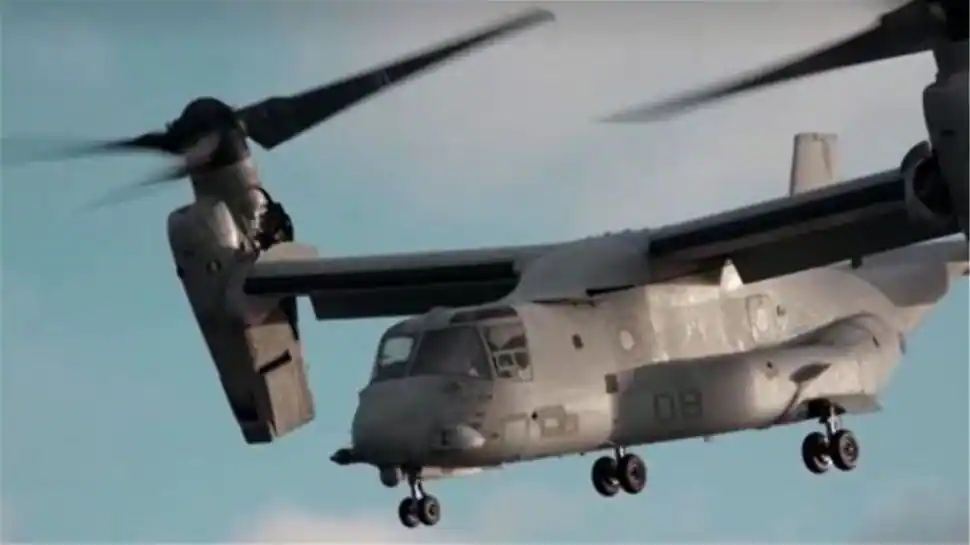
New Delhi: Collaboration is increasingly becoming the name of the game in the automotive industry, driven mainly by the electrification megatrend. In such a scenario, a new alliance for EV charging is brewing in the Indian EV industry. Around 25 industry stakeholders are said to have expressed interest in joining a consortium called Bharat Charge Alliance (BCA).
Aimed mainly for 2and 3-wheeler electric vehicles, BCA plans to have a common charging protocol which will allow vehicles of the alliance members to easily charge in any of the alliance network’s chargers.
Currently, the chargers for electric 2-wheelers are not interoperable. For example, an Ola customer cannot charge her/his vehicle in an Ather charger, or vice-versa, as the chargers do not share a common protocol. A charging protocol is like a language which allows the charger to communicate with the vehicle to charge it.
Democratising’ EV technologies
The new alliance aims to “democratise” EV technology with the new initiative. BCA plans to set up its charging station in Pune, within a month or so. “Technology should be democratised. It can’t be each company, let’s say, having its own plug, own charging, own standard, or protocol. It can’t be like this. Otherwise, the EV business will never be scalable,” Kapil Shelke, Founder and CEO, Tork Motors, told ETAuto.
Tork Motors is taking the lead in forming the industry alliance.
The charging network by BCA will be mainly for 2 and 3-wheelers. It will allow only DC charging. Alliance partners will have a common standard for plugs, connectors, and charging protocol. For that, some products will have to be re-engineered if they do not comply with the set specifications.
While the objectives of the alliance could be beneficial for the partners, and the industry, there could be some pitfalls too. According to an industry source, since there’s no “dominant charging standard” for vehicles below 120V, it may be challenging for any common charging standard/protocol to succeed unless the subscriber/s form a critical mass of around 70% of the market. The DC charging only factor could also pose a hurdle, the professional added.
Shelke is hopeful of BCA’s success. Expressions of interest in the alliance by industry players doesn’t guarantee their participation in it, but even if a few major ones put the money where their mouth is, he bets for the alliance’s charging network to be industry-leading. “Even with 5 large players, if we have let’s say 5000 chargers over the next three, four years, we should be the largest network,” he said.
Leveraging economy of scale
While common standards may contribute to democratising the relatively new technology, the alliance is also mooted for economic gain,if the alliance sees cumulative critical volume,
The partners can leverage the economy of scale to bring down investments, and the charging business can be “much more ROI friendly”. “The hardware costs will also come down. So there are multiple problem layers you can solve, by making it (charging) universal, or interoperable,” says Shelke.
The argument gets stronger if seen in the backdrop of the recent decision by the Government to reduce the FAME subsidy cap for EVs, from 40% to 15% of the selling price. Two-wheelers, which account for over 90% of the Indian EV industry, clocked over a million units in 2022.
As for the charging alliance, while it could ease some of the financial burden of participating companies, the number of conversions from expressions of interest, to signed agreements will determine its success.

















